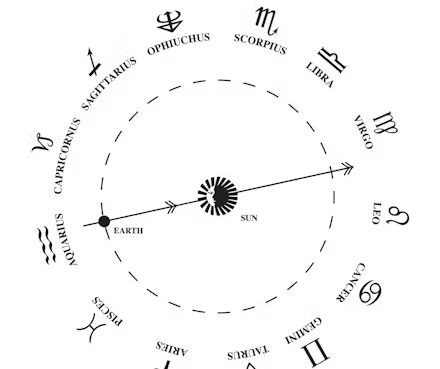“He’s Creepy”: Kevin Costner Turns Down $100 Million Movie Deal With Robert De Niro

In the realm of Hollywood’s glitz and glamour, where million-dollar deals and star-studded collaborations are the norm, a surprising twist has emerged.
Kevin Costner, the veteran actor known for his roles in iconic films like
In a realm where million-dollar movie deals reign supreme, Kevin Costner’s shocking rejection of Robert De Niro’s jaw-dropping $100 million offer has stirred up Hollywood’s latest drama. While most actors would leap at such an opportunity, Costner’s decision reveals a peculiar aversion to what he deems as “creepiness.” This rejection prompts a satirical exploration into the absurdity of Hollywood negotiations and the enigmatic factors that sway actors’ decisions.
Costner’s finely tuned “creepy radar” detected something unsettling in De Niro’s proposition, likening it to a Hollywood horror show he wasn’t willing to star in. This rejection sparked widespread speculation about the elusive “creepiness quotient” and how it factors into Tinseltown’s intricate dealings.
As the industry reels from Costner’s unexpected refusal, questions arise about the potential ripple effects on future collaborations. Will actors adopt Costner’s approach, incorporating a “creepy scale” into their decision-making processes? Could this rejection signal a shift towards avoiding cinematic spookiness at all costs?
Rumors abound regarding the details of the rejected deal, adding layers to the mystery surrounding the $100 million movie that never materialized. Speculation about creepy costumes and eerie plotlines only adds to the intrigue of this Hollywood saga.
Costner’s rejection may appear whimsical, but it sheds light on the eccentricities of an industry known for its larger-than-life personalities and surreal plot twists. His career, marked by roles free from the eerie and supernatural, reflects a deliberate avoidance of the creepy in favor of the relatable.
In the grand tradition of Hollywood parody, the idea of actors employing creepy metrics in deal-making could become comedic fodder for future satires. Picture A-listers analyzing contracts with oversized magnifying glasses, seeking to uncover any hint of cinematic spookiness.
Ultimately, Costner’s rejection adds a whimsical chapter to Hollywood’s ever-unfolding story, showcasing the peculiarities of an industry where million-dollar deals and eccentric personalities collide. While the notion of a “creepy scale” may be a satirical exaggeration, in the land of make-believe, where the unexpected is the norm, one can’t help but wonder what other cinematic oddities may emerge in the drama of Tinseltown.


Leave a Comment